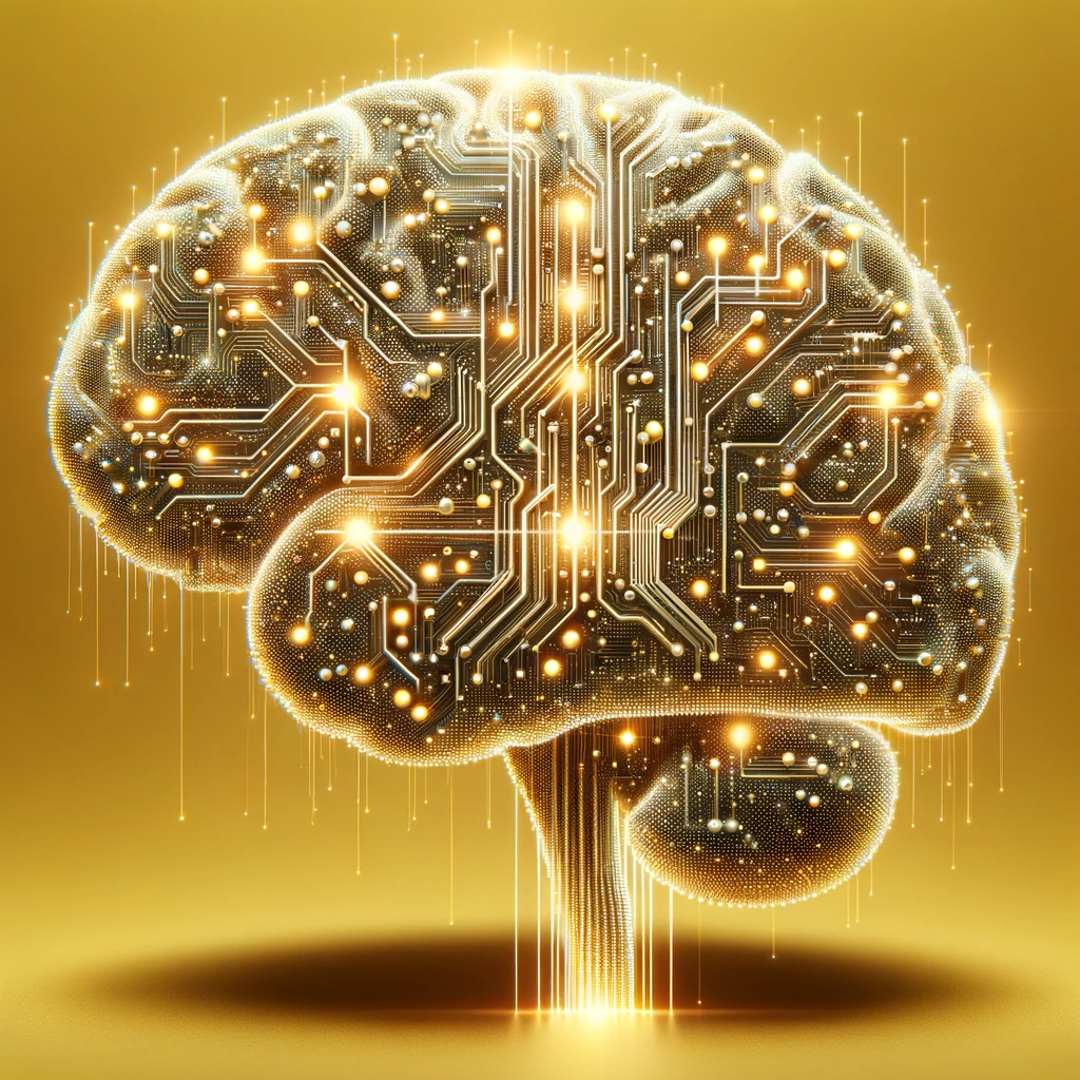Debunking Myths and Examining Realities
The rise of artificial intelligence (AI) has sparked both excitement and apprehension in equal measure. While many herald AI as a transformative force for good, others express concerns about its potential to wreak havoc on society and even threaten the existence of humanity. The notion of AI destroying the world has been a recurring theme in popular culture and media, fueled by dystopian narratives and doomsday scenarios. But how much truth lies behind these fears, and what are the real risks associated with AI?
First and foremost, it’s essential to debunk some common myths surrounding the idea of AI destroying the world. Contrary to popular belief, AI is not inherently malevolent or intent on causing harm. AI systems are tools created and controlled by humans, and their behavior is ultimately determined by the goals and values programmed into them. While AI can certainly amplify human biases and errors if not carefully designed and monitored, the idea of AI spontaneously turning against its creators like a rogue agent is more fiction than reality.
That being said, there are legitimate concerns about the unintended consequences and risks associated with the widespread adoption of AI. One of the most pressing concerns is the potential for AI to exacerbate existing inequalities and social divisions. AI algorithms can reflect and perpetuate biases present in the data used to train them, leading to discriminatory outcomes in areas such as hiring, lending, and law enforcement. Moreover, the automation of jobs by AI-powered technologies could exacerbate unemployment and widen the gap between the wealthy elite and the working class if not accompanied by appropriate policy interventions.
Another area of concern is the misuse of AI for malicious purposes, such as cyberattacks, surveillance, and autonomous weapons systems. The increasing sophistication of AI algorithms could empower malicious actors to carry out targeted attacks on critical infrastructure, manipulate public opinion through disinformation campaigns, or develop autonomous weapons capable of autonomously targeting and attacking humans. These risks underscore the importance of robust cybersecurity measures, international cooperation, and ethical guidelines to prevent the misuse of AI technology.
Furthermore, there are ethical considerations surrounding the development and deployment of AI in sensitive domains such as healthcare, criminal justice, and warfare. The use of AI in decision-making processes, such as medical diagnosis or sentencing recommendations, raises questions about accountability, transparency, and the potential for algorithmic bias to undermine fairness and justice. It is essential to ensure that AI systems are developed and deployed in a manner that upholds ethical principles, respects human rights, and prioritizes the well-being of individuals and society as a whole.
Despite these challenges, it’s crucial to recognize the immense potential of AI to address some of the most pressing challenges facing humanity, from climate change and healthcare to poverty alleviation and scientific discovery. AI technologies have the power to revolutionize industries, enhance productivity, and improve quality of life on a global scale. By harnessing AI for positive ends and mitigating its risks through responsible development, regulation, and governance, we can ensure that AI contributes to a more prosperous, equitable, and sustainable future for all.
In conclusion, while the idea of AI destroying the world may make for compelling fiction, the reality is far more nuanced. While there are legitimate concerns about the unintended consequences and risks associated with AI, from exacerbating inequalities to enabling malicious actors, these challenges can be addressed through proactive measures and ethical considerations. By fostering a culture of responsible AI development and deployment, we can harness the transformative potential of AI while minimizing its negative impacts on society.
Want to learn more? Schedule a free consultation!











